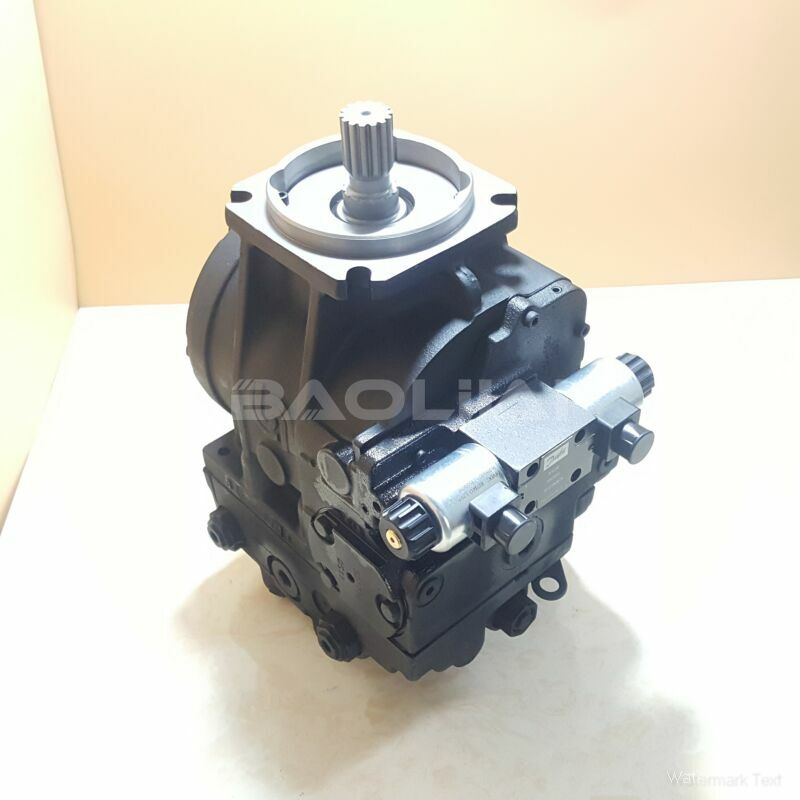90L055HF1AB80S4S1C03GBA353524 piston pump
90L055HF1AB80S4S1C03GBA353524 piston pump

- Product Details
- Applicable Scene
In the realms of atmospheric and oceanographic research, precision and reliability are paramount. At the heart of many measurement devices used in these fields are hydraulic oil pumps, which play a critical role in collecting and transmitting data. Designing these pumps requires a deep understanding of the specific environmental conditions and operational demands they will face.
90-L-055-HF-1-AB-80-S-4-S1-C-03-GBA-35-35-24
90L055HF1AB80S4S1C03GBA353524
Hydraulic oil pumps are essential in generating the necessary pressure to move fluids within measurement devices. They often interface with sensors, collect samples, and operate hydraulic mechanisms that facilitate data collection. Given that atmospheric and oceanographic conditions can vary widely—from extreme temperatures to high pressures—designers must consider multiple factors when developing these pumps.

83013480
One primary consideration is the materials used in the pump construction. Hydraulic oil pumps must be made from corrosion-resistant materials, especially when deployed in oceanographic environments where saltwater can cause rapid degradation. Stainless steel, specialized plastics, and coatings are often employed to ensure longevity and performance under harsh conditions.
Another critical aspect is the pump’s operating pressure and flow rate. Atmospheric and oceanographic devices typically require consistent and controlled fluid movement, which necessitates a pump that can maintain stable performance across a range of pressures. Pump designs often incorporate variable displacement mechanisms to optimize efficiency and adapt to different measurement scenarios.
Additionally, the integration of sensors and control systems into pump designs can enhance performance monitoring and diagnostics. By embedding real-time feedback mechanisms, researchers can ensure that the pumps operate within safe parameters, enabling timely maintenance and reducing the risk of equipment failure.
The efficiency of hydraulic oil pumps also greatly impacts the overall power consumption of the measurement devices. In field deployments, energy efficiency can significantly affect the sustainability and operational viability of these devices. Designing pumps that require minimal energy while still delivering reliable performance is a critical goal.





